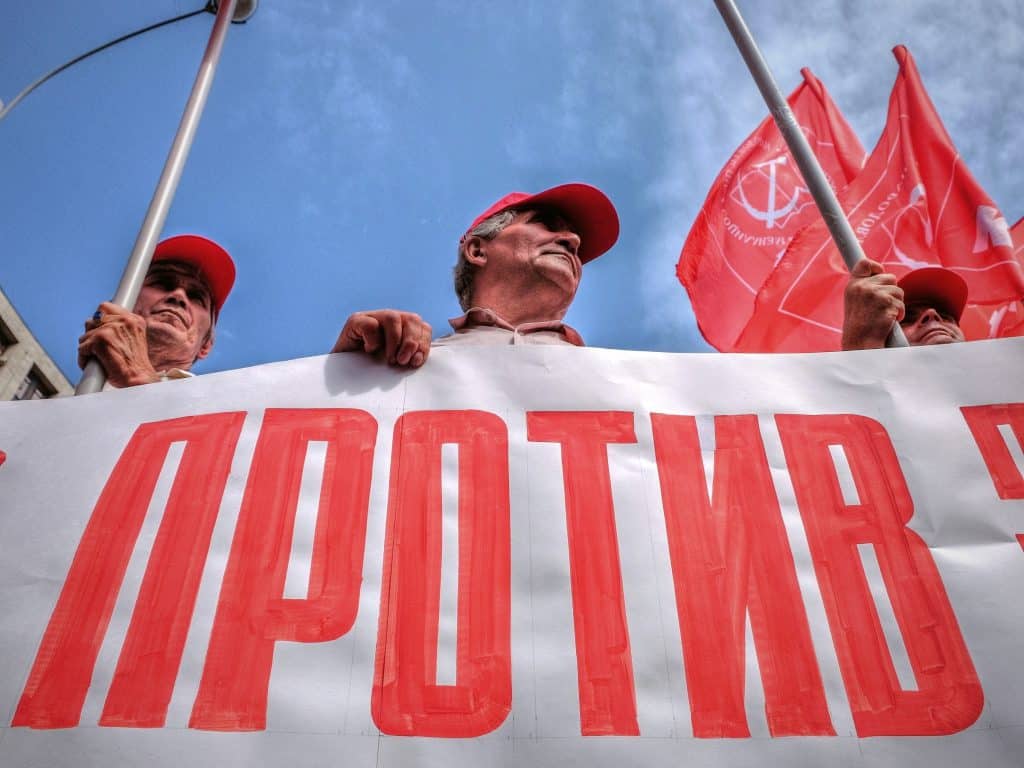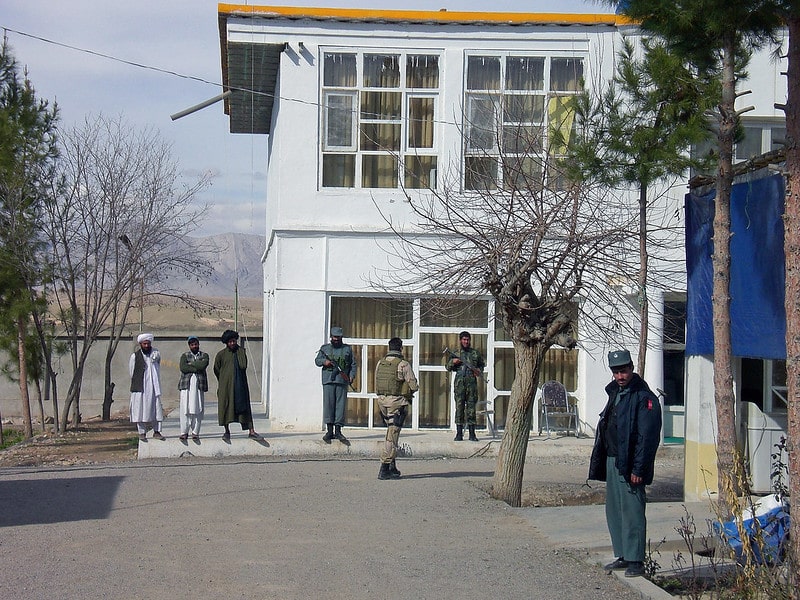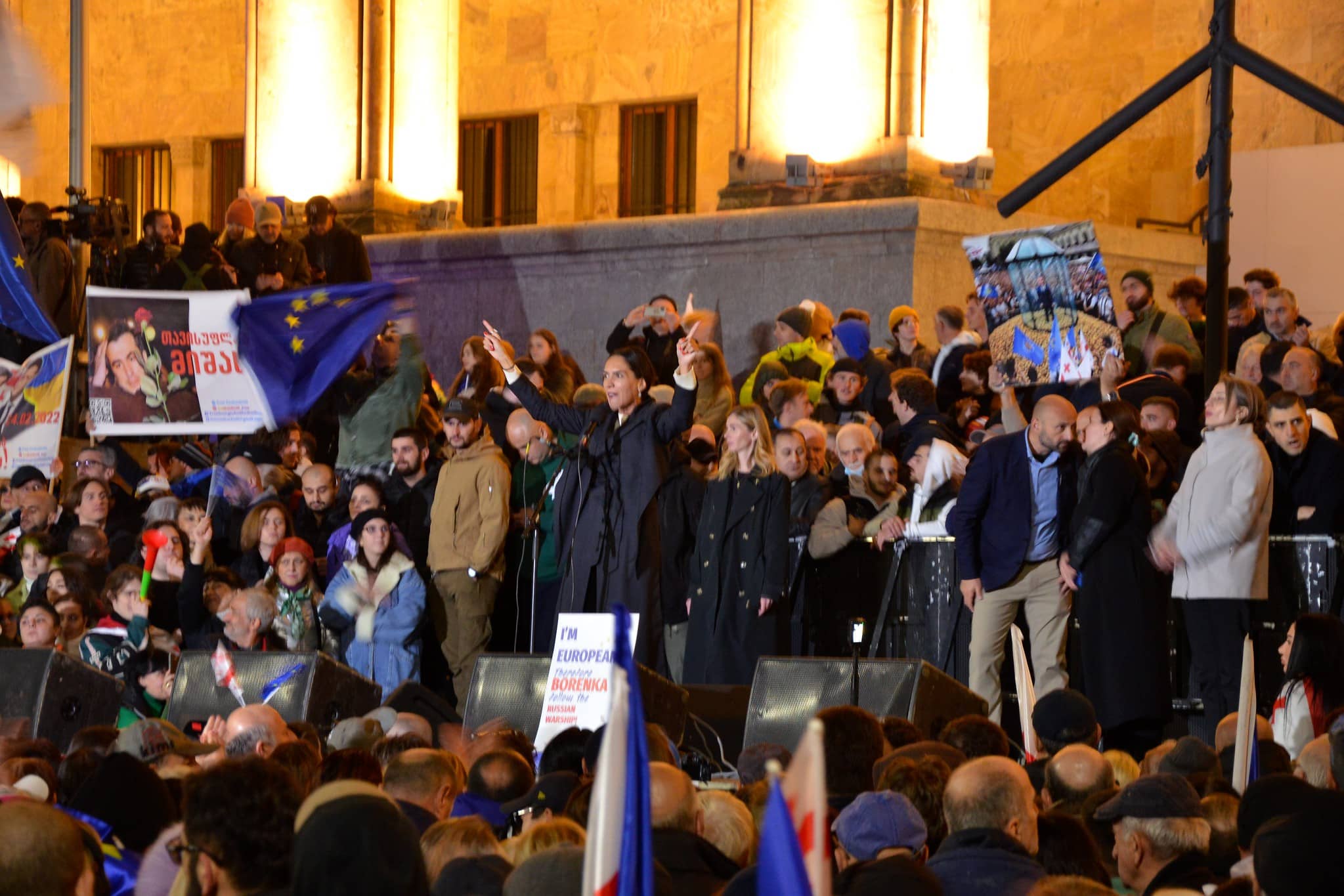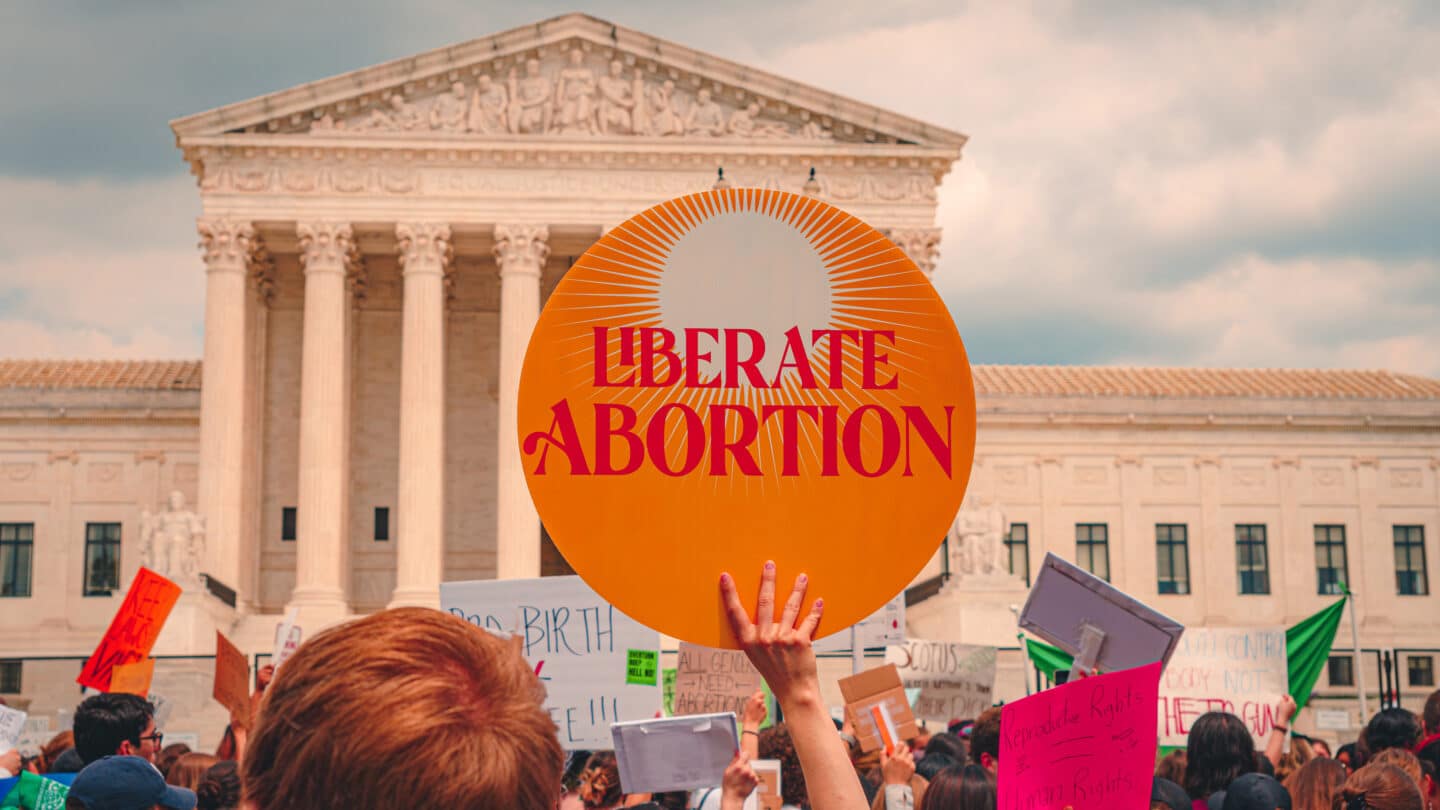By Merel Maurits and Emmalien Meijer
In the past weeks, thousands of people have protested in different cities across Russia against the pension reform plans announced by the Kremlin. The protests climaxed on September 9, the day of the regional elections, with nationwide rallies called for by opposition leader Alexey Navalny, who himself had been put in jail just two weeks beforehand. Protesters at the rallies, held in 33 cities, shouted slogans like ‘Putin is a thief’ and ‘Away with the tsar.’ State police arrested, sometimes violently, and jailed more than 1,000 people, of whom 452 in St Petersburg alone. While protests in Russia are not uncommon, it seems that this time they have the Kremlin worried and looking for ways to win the public back.
‘Moscow. Kremlin. Putin.’
The plan to raise the retirement ages, from 60 to 65 for men (by 2028) and from 55 to 63 for women (by 2034) caused angry reactions by both Putin’s electorate and his opponents. Their anger is understandable: in some regions in the country, life expectancy for men barely reaches 66, meaning that they will, on average, only have one year to enjoy their retirement.
The unpopular pension reform has hit President Vladimir Putin’s personal popularity rate, which dropped from 79 percent in May to 67 percent in July, the lowest percentage in seven years. These declines seem to not have gone unnoticed by the Kremlin, because on September 2, Russian state channel Rossiya-1 started broadcasting a weekly reality show called ‘Moscow. Kremlin. Putin.’, which focuses entirely on the President. It gives a ‘unique’ inside view of Putin’s life, showing footage of his vacation. Other images are of him visiting a school and complementing the students, and of a visit to mineworkers. The new show is reminiscent of the Soviet personality cult built around Stalin, and later around Brezhnev.
Winning the public back over
All of these images are examples of efforts to humanize Putin in a time when he is under critique by many Russians in general, but also by his followers, who are normally loyal to him. Efforts to create a personality cult for Putin have taken place before. However, this time they coincide with his dropping popularity rate, continuing protests, a relatively poor showing of Putin’s United Russia party in the 9 September local elections and what seem to be consecutive arrests of Alexey Navalny, arguably his biggest rival within the opposition. It is starting to look like this time, the Kremlin is concerned about the public’s discontent. It even caused Putin to soften his stance on the pension reform, dropping the new pension age for women from 63 to 60. But with no substantive changes in the reform plans, it remains to be seen if the protests or the president’s popularity rates will at all be influenced by these measures.
Foto: Flickr





